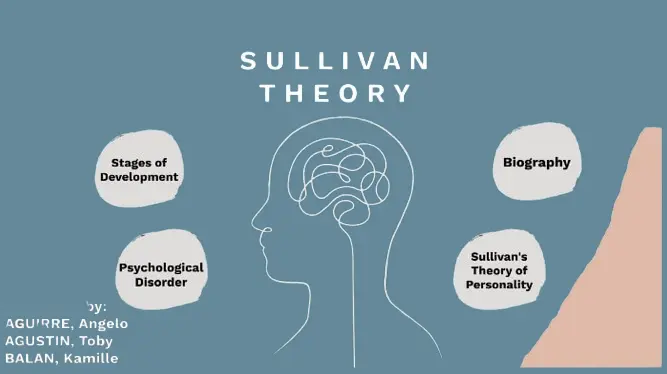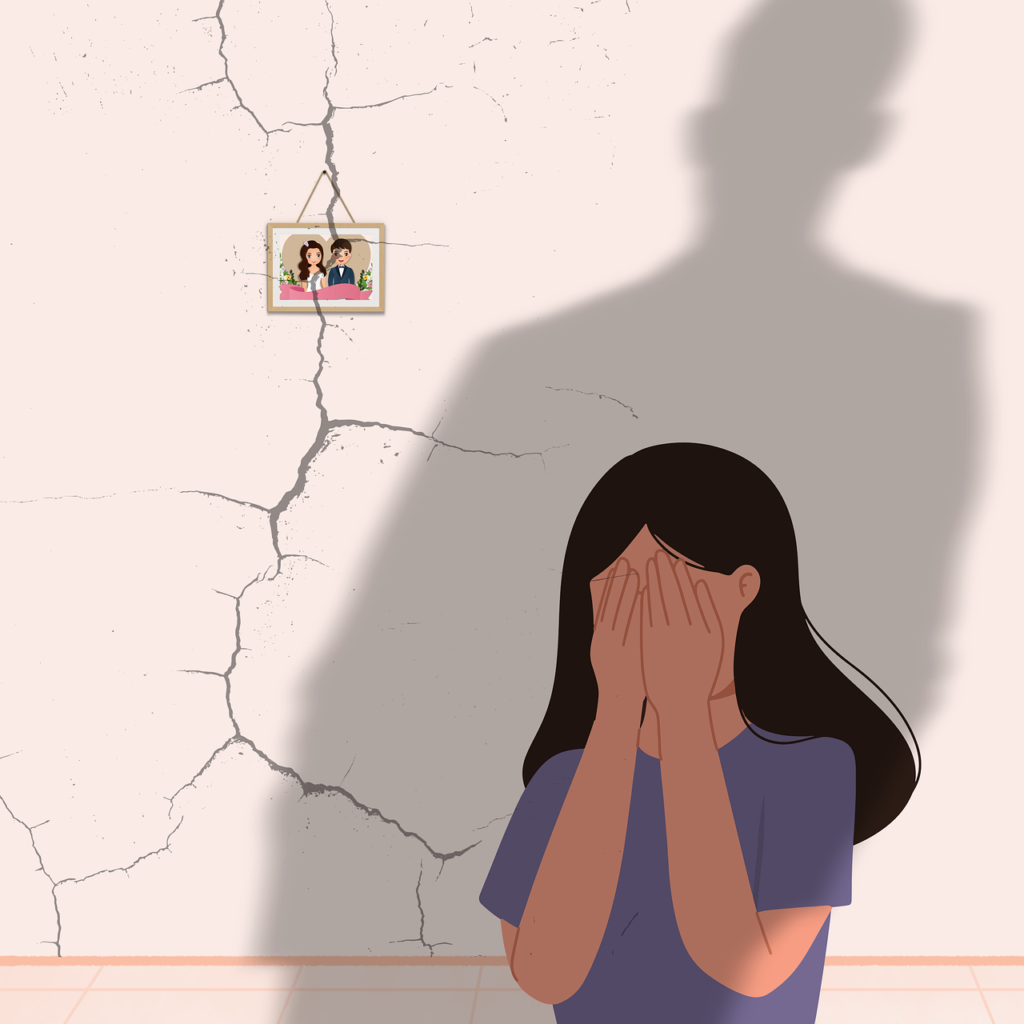People who experience bipolar relapse are those who are euthymic, stable for a while, and who seem to be stable following weeks of treatment, among other factors. They relapse abruptly and experience another round of manic episodes or mood swings, which might take several days to return to normal.
Relapses, also known as recurrences, are not exclusive to bipolar disorder. Many illnesses can have relapses. The typical signs of mania or depression recur with bipolar relapse, sometimes lasting weeks or months. Treatment for bipolar disorder must be ongoing due to bipolar relapses.
Bipolar disorder
Overwhelming in nature, bipolar disorder can be unexpected and challenging to treat. A person with bipolar disorder requires consistent support, a thorough treatment plan, and a method for adhering to the treatment regimen. However, relapses do occur.

Even though bipolar disorder can be extremely complicated and intimidating mental illness, it is feasible to create a well-rounded plan to control the ups and downs and lessen their crippling effects. It might be possible to lessen the effects of a bipolar relapse if you can identify the early warning indicators before one occurs. For the best results, you can also be aware of potential triggers and—most importantly—follow a thorough treatment plan.
Bipolar relapses
Bipolar disorder often progresses in phases, with intervals of well-being interspersed by relapses or recurrence of symptoms.
When a time of no symptoms is followed by the return of symptoms like sadness, hypomania, or mania, this is called a recurrence.
The terms “recur” or “return,” as opposed to “relapse,” better capture the general essence of bipolar disorder. Additionally, it gets rid of any negative connotations that the word “relapse” may have, including emotions of guilt or failure.
Symptoms of bipolar relapse
Depending on the kind of bipolar disease you have and the kind of episode you are going through, different bipolar relapse symptoms apply. Manic, depressive, and mixed features are the typical extreme mood swing phases linked to bipolar illness. Everyone has a unique collection of symptoms, and having “mixed features” denotes having multiple symptoms present at once.

Manic episodes
A manic episode might give you a sense of complete dominance over the universe. Manic symptoms can include the following:
- Joy (feeling fantastic)
- elevated degrees of activity
- Sensitivity
- ideas that race
- Rapid-fire speech
- loss of sleep
- having a strong sense of importance or power
Depressive episodes

You can go from being at the top of the world to the lowest during depressive episodes. Among the signs of a depressed episode are:
- Sadness
- Despondency
- Loneliness or seclusion
- Ignorance
- Low vigor
- Eating excessively or insufficiently
- Loss of interest in previously enjoyed activities
- Death-related thoughts
Hypo manic episode
Simply said, hypomania is mania with reduced severity. Your mood swings and changes in activity level will probably be noticed by family and friends, even though you may feel fine and energized and be unaware that anything is amiss. Severe sadness frequently follows hypomania, and if ignored, hypomania can develop into full-blown mania.
Strategies to Avoid Bipolar Relapse
Even though bipolar disorder is a lifetime condition, there are steps you may do to improve your quality of life and reduce your chance of relapsing.
Stick with your treatment plan
In addition to taking your prescription, remember to show up for your planned therapy and medical appointments. Don’t stop a treatment before speaking with your healthcare practitioner, even if you think it isn’t working or is no longer necessary.
Plan out your day.
Maintaining a regular pattern for things like eating and sleeping can be beneficial in preventing bipolar episodes.
Monitor your emotions.
To track your mood, use an app or keep a notebook. This might assist you in determining whether a relapse is imminent or has already occurred.Also restructure your cognition.
Exercise.

Vigorous excercise can promote better sleep and help with depression and anxiety.
Bipolar relapses common triggers
Although the exact neurological causes of relapses are unknown, understanding the activities that can set off a new episode of sickness is the best way to prevent more of them. Each person has unique triggers; by learning to identify yours or a loved one’s, you may be able to stop or lessen the severity of a bipolar relapse.
Remember that sometimes relapses are unavoidable, even with the finest coping mechanisms in place. Establishing a stable environment is critical in reducing the likelihood of an episode, but in the event that one does occur, you must not see it as a sign of weakness.
Tips to reduce relapses
The following advice could be useful in avoiding relapses or reducing their severity.
- Adhere to your treatment plan, which for most people entails taking medication designed specifically for bipolar disorder and receiving psychotherapy.
- Prioritize your sleep and make an effort to de-stress.
- Strive to keep your relationships both at work and at home positive.
- Try to work out on a regular basis, even if it’s just taking a daily stroll outside.
- Maintain a balanced diet and see a doctor before starting any new supplement regimen because some complementary therapies can make bipolar symptoms worse or interfere with medication.
- Take care not to overindulge in coffee, and abstain from alcohol and narcotics.
- To remember to take your prescription on time, use a calendar or purchase dosage dispensers from pharmacies.
- Regularly have your blood levels checked.
- Take a look at cognitive behavioral therapy (CBT), which can assist you in maintaining your goals and regulating your emotions.
- Make use of your network of supporters.
Make a daily inventory of your mind, body, and soul. Monitoring is necessary for bipolar disorder, a complicated mental health condition. It may be possible to lessen the severity of a relapse and even prevent it from occurring if you pay attention to any changes in your behavior and physical state




Pingback: Transcranial Magnetic Stimulation (TMS) for PTSD -